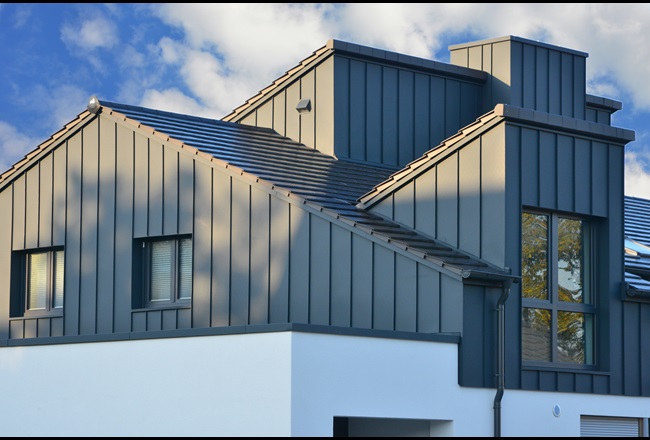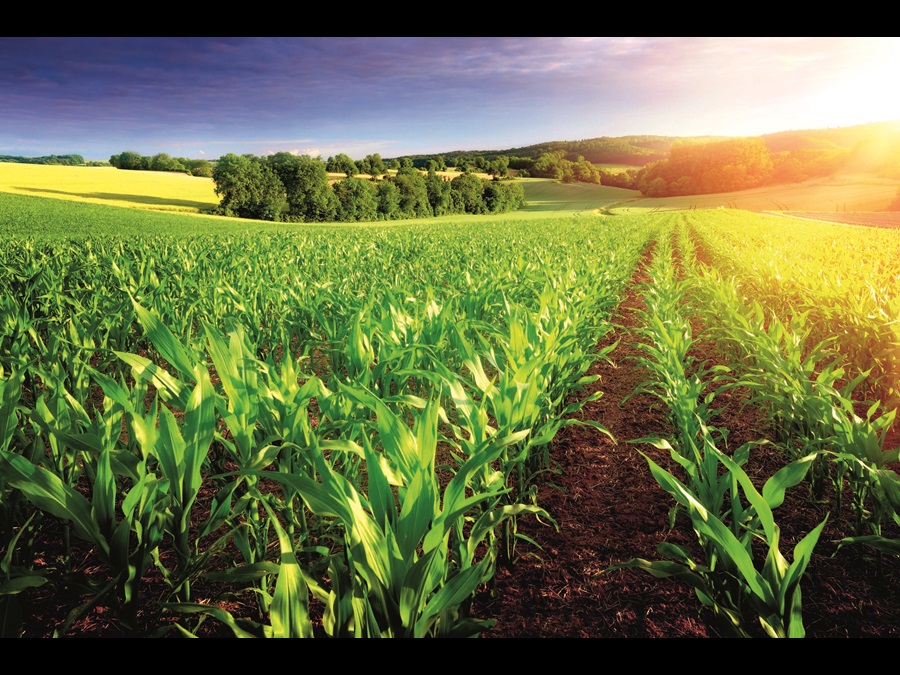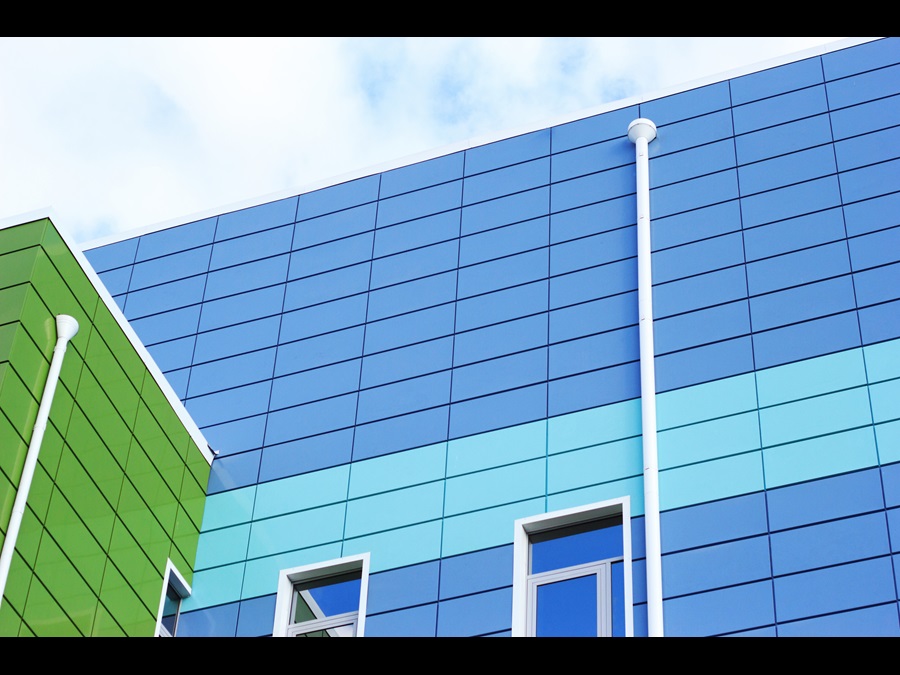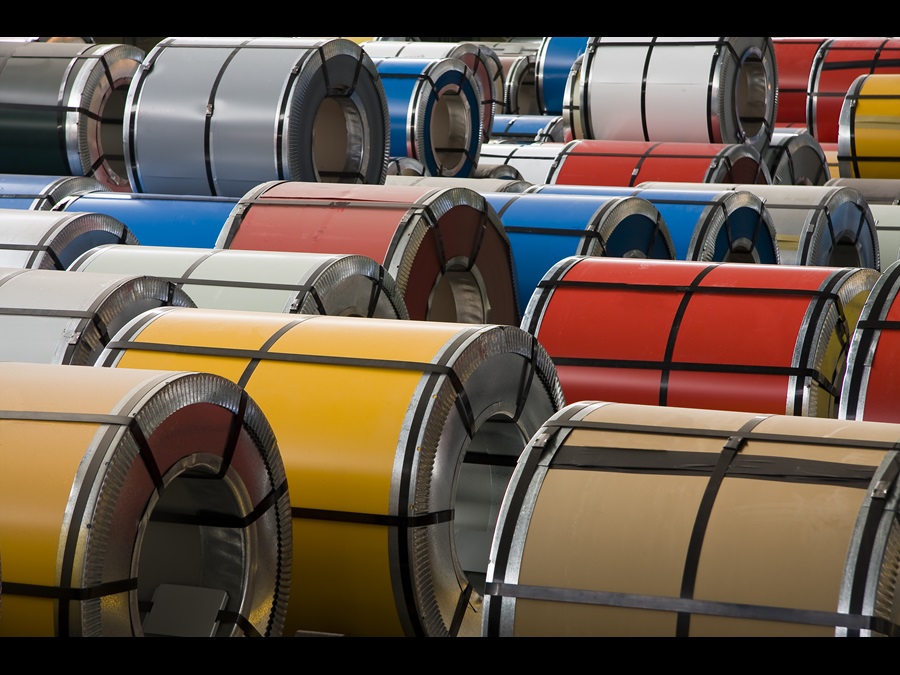
Desmodur® CQ BL 7175: partly bio-based hardener for coil coatings
Industries are answering consumer demand for more sustainability
When buying a car, choosing a new domestic appliance, or building a new home, consumers are demanding more sustainable products and socially responsible business practices. This in turn means corporate minds are focusing on sustainability and circularity in many different sectors.
In industries from automotive to domestic appliances and construction, companies are making sustainability a strategic priority, setting targets to cut CO₂ emissions, decrease the use of fossil resources, and increase circularity. This trend is driving a strong interest in alternative raw materials; ones that are drawn from recycled or renewable sources
Coil coatings face a sustainability bottleneck: fossil-based hardeners for 1K PU stoving systems
Across multiple industries, ambitious CO₂ reduction targets by industrial customers are triggering a change in material selection, particularly in applications such as pre-coated metal sheets and thus coil coatings. There is increased willingness to consider alternative coating raw materials to maximize the bio-content of the system as a means of contributing to a reduced carbon footprint in comparison to standard grades.
One barrier to the widespread adoption of bio-based coatings in applications such as 1K polyurethane (PU) stoving systems for coil coatings is that high-performance coatings are generally formulated with thermally activated PU hardeners, which up to now have been fossil-based.
For industrial coil coatings specifically, there are still hurdles to overcome in order to achieve a coating system that offers a lower environmental impact. Despite considerable progress in developing polyesters based on alternative raw materials, up to now there have been no reacting partners to help maximize the share of bio-based content.
Desmodur® CQ BL 7175: partly bio-based hardener for 1K PU stoving systems
With our new Desmodur® CQ BL 7175, we are helping close the gap with a new partly bio-based thermally activated polyurethane hardener that delivers increased performance with lower environmental impact for coil coatings, can coatings and other general industrial coating applications.
In white, glossy formulations, the product delivers better hardness than standard systems without losing flexibility, while on matte formulations, it displays a better T bend result. Overall, Desmodur® CQ BL 7175 provides an improved carbon footprint over the standard HDI blocked grade.
The new coating hardener contains approximately 32% renewable carbon content derived from non-fossil-based inputs. The actual source of the biomass is mainly starch from non-edible plants such as field corn, which yields a near drop-in solution for HDI-based trimers, with low reformulation effort. Our new product delivers great performance in terms of hardness, thermal resistance and flexibility.
Desmodur® CQ BL 7175 paves the way for coil coatings and other industrial coating systems that enable companies to partly replace their fossil resource consumption, without having to make a trade-off in coating durability or performance.
Many industrial customers are seeking alternative raw materials, particularly in coil coatings. Our new Desmodur® CQ BL 7175 hardener integrates around 32% bio-based renewable content while delivering improved hardness in white pigmented formulations and better T bend results in matte formulations than standard HDI grades. The product is also suitable for can and general industrial coatings as well as for OEM applications in the automotive industry.
Key Benefits
- Renewable: Desmodur® CQ BL 7175 contains up to 32% renewable carbon content.
- Lower emissions: Partly bio-based hardeners show a lower carbon footprint than standard HDI.
- Tough: Great performance in terms of hardness, thermal resistance and flexibility.
- Processable: Our product works as a near drop-in solution with little adaptation.













